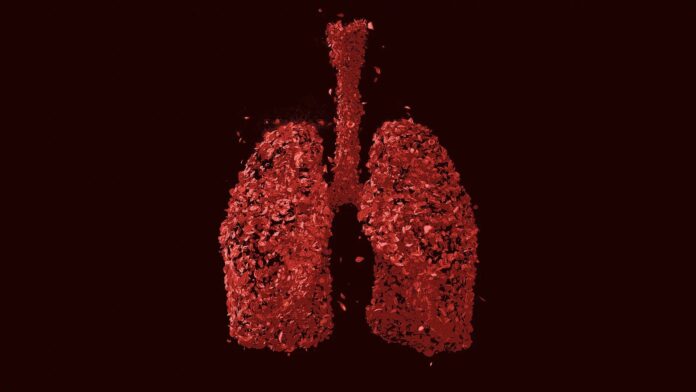Previous studies have suggested that changes in the lung microbiome are associated with diseases such as cystic fibrosis, asthma, or chronic obstructive pulmonary disease (COPD). Environmental factors like smoking, infant feeding, and antibiotic usage significantly influence the composition and stability of the microbial population in the lung.
How host genetics affect lung microbiota still needs to be fully understood. This is primarily due to the challenging nature of obtaining lung samples and the rarity of the microorganisms. Therefore, extensive lung microbiome studies in a mouse model have been conducted by a research team from the Leibniz ScienceCampus “EvoLUNG” under the direction of Professor John Baines.
To find genes that affect lung bacteria and may affect disease susceptibility, scientists looked at the relationships between certain bacterial species in the lung and markers in the host genome. They identified several promising genes related to immune and inflammatory responses, lung functioning, and disease susceptibility.
Modern molecular biological research techniques were used to quantify the bacterial species found in the mice under investigation scrutiny lungs, despite their relatively low biomass.
Co-author Dr. Meriem Belheouane from the Research Center Borstel, Leibniz Lung Center (FZB) said, “Our study provides the first evidence for a role of host genetic variation contributing to variation in the lung microbiota. The amount of Lactobacillus in the lungs was strongly associated with a specific region containing the gene coding for the anti-inflammatory cytokine Interleukin 10. This finding was confirmed in animals where the gene for Interleukin 10 (IL-10) was deactivated.”
“IL-10 knockout mice had fewer Lactobacilli than the non-knockout animals. Host genetic variations were also found for the number of Pelomonas, another common bacterial species in the lungs. The functional significance of these bacterial species could potentially be used for future preventive or therapeutic purposes.”
Journal Reference:
- Chung, C.J., Hermes, B.M., Gupta, Y., et al. Genome-wide mapping of gene-microbe interactions in the murine lung microbiota based on quantitative microbial profiling. anim microbiome 5, 31 (2023). DOI: 10.1186/s42523-023-00250-y
